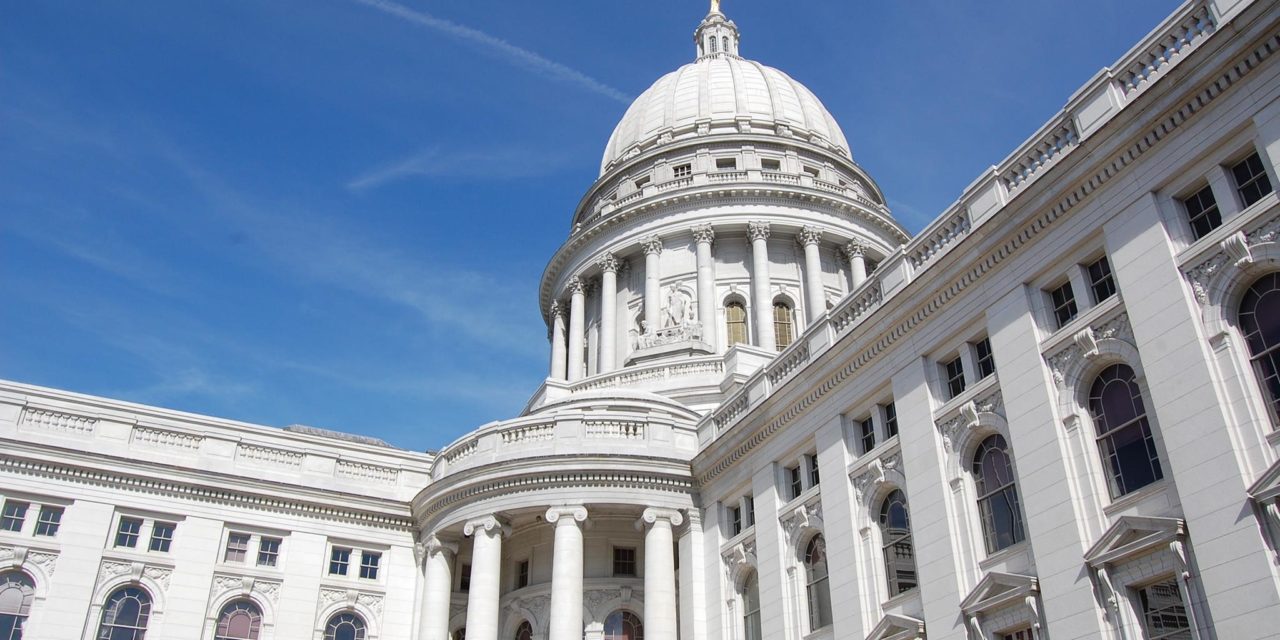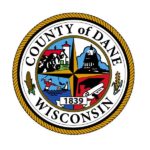
Deadline looming for state to take advantage of enhanced Medicaid funds

As Gov. Tony Evers and Republican legislative leaders argue over a COVID-19 relief package, hundreds of millions of dollars in enhanced Medicaid funding for Wisconsin could be at risk.
Evers needs to sign legislation by April 17 that includes certain changes to the program in order for Wisconsin to qualify for a federal boost of at least $300 million provided under the second federal COVID-19 stimulus act.
The Medicaid changes that Wisconsin needs to make are included in a legislative package that Republicans recently sent to Evers.
But Evers on Wednesday blasted the plan for proposing new authority for the Joint Finance Committee to reduce state spending and threatened to veto the measure.
Assembly Majority Leader Jim Steineke, R-Kaukauna, said that the proposal the governor leaked to the press was “extremely premature.”
“We are in the beginning of discussions with our colleagues on the other side of the aisle in legislative leadership,” Steineke told Wisconsin Health News. “Those were initial talks. So that wasn’t by any means a final proposal that we were throwing out there.”
He said lawmakers are “acutely aware” of the Medicaid changes they need to pass and that the Legislature will meet in time to make the deadline.
“We anticipate that we will most likely meet sometime next week,” Steineke said. “We don’t have a specific date yet.”
The Families First Coronavirus Response Act includes a temporary 6.2 percent bump in the federal medical assistance percentage for each state. In Wisconsin that would amount to an extra $150 million per quarter, according to the Legislative Fiscal Bureau.
However, states don’t qualify for the enhanced federal share if they have, among other things, implemented eligibility restrictions or increased premiums for Medicaid since Jan. 1. That means that to be eligible for the funding Wisconsin needs to temporarily pause provisions from its childless adult waiver, including new premiums that started in February.
Department of Health Services spokeswoman Elizabeth Goodsitt said that the Centers for Medicare and Medicaid Services told the department that they have 30 days from the enactment of the Families First Coronavirus Response Act to make the changes and still qualify. President Donald Trump signed the bill on March 18.
The enhanced funding is applicable for each quarter that a national public health emergency is in effect. Wisconsin would be retroactively eligible for the first quarter of the calendar year, and also eligible for the second quarter.
The funding would then continue for any quarter beyond that if Trump extends the national emergency. Once a quarter starts a state is eligible for the enhanced funding for the full quarter, even if the emergency stops in the middle of the quarter, according to the Legislative Fiscal Bureau.
Republican legislators curtailed Evers’ ability to make changes to the Medicaid program on his own in a measure passed in December 2018 after he was elected, but before he took office.
The funds could provide a welcome boost to the program. DHS Secretary-designee Andrea Palm said in a March 31 report to lawmakers that Medicaid spending will likely “significantly increase” over the biennium as the state fights the spread of COVID-19. She said the additional federal funding would help offset increases in service utilization and enrollment.
“It would be, putting it mildly, a missed opportunity if the Legislature can’t get the work done necessary to secure that higher FMAP,” Wisconsin Hospital Association CEO Eric Borgerding said in an interview earlier this week.
Meanwhile, legislative sign-off is also needed, due to the so-called “lame-duck law,” for an emergency waiver that Evers submitted to legislators on March 24 easing enrollment requirements for the program and paving the way for other flexibilities, including reimbursement for providers that provide care in alternate sites.
CMS announced the flexibilities, designed to help states nimbly respond to the new coronavirus crisis, on March 13. It has so far approved requests in 47 other states.
Wisconsin Health News is removing the password on all stories related to the coronavirus. For the latest developments follow us on Twitter at @wihealthnews or check out our website. For complete healthcare coverage, sign up for a free trial to our daily email newsletter.





